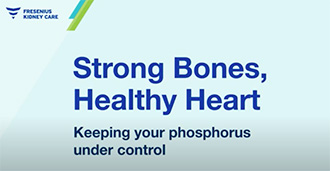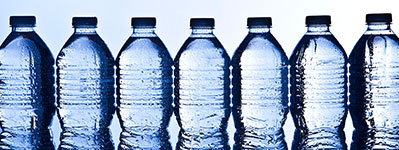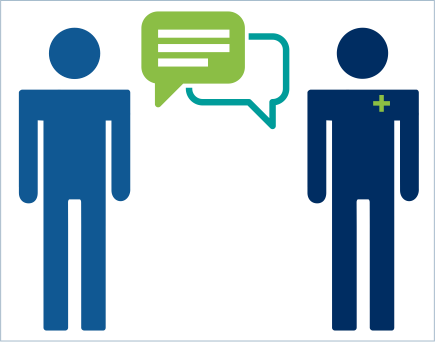
Phosphorus and Kidney Disease
Phosphorus works with calcium to build strong bones and keep other parts of your body healthy. And phosphorus is found in many foods.
When your kidneys can no longer keep your phosphorus at the right level, it builds up. At this point, phosphorus becomes harmful to your body. High-phosphorus levels cause:
- Increased risk of hip fractures
- Increased risk of cardiovascular disease, which is a disease of the heart and blood vessels
Bottom line: You need to keep your phosphorus levels in check to stay healthier with chronic kidney disease.

Phosphorus and kidney disease: strong bones, healthy heart
Watch this video to learn more about the important link between phosphorus and kidney disease. Take steps to keep your phosphorus under control to help prevent brittle bones and heart disease.
Stay in touch. Join our mailing list
Get the latest news in kidney care plus delicious kidney-friendly recipes and great advice from people just like you.
Sign upWhat foods are high in phosphorus?
Fast food is a big one. Flavored beverages, too. There is also hidden phosphorus in many processed foods and drinks. They`re known as added "PHOS." And they are foes to heart and bone health.What can you do to limit your phosphorus? Start by learning some basic high- and low-phosphorus foods.
High-phosphorus foods

Hidden phosphorus: what nutrition labels don't tell you
Phosphorus occurs naturally in foods like dairy products, fish, poultry, red meats, nuts, whole grains and beans. And phosphorus is commonly added in the form of phosphates to foods that never contained them before. Why?
Phosphates are added to:
- Enhance the flavor and color of foods
- Improve the texture and prevent lumpiness
- Extend the shelf life of food
All phosphorus is not created equal. Naturally occurring phosphorus in foods is absorbed less readily than chemical phosphorus additives. Look for "PHOS" in food labels and try to steer clear of them!

Meats loaded with hidden phosphates
- Processed meats
- “Reconstructed meats” like chicken nuggets
- Hot dogs
- Deli meats

Drinks with hidden phosphates
Many enhanced waters or carbonated sodas contain hidden phosphates. Look for these additives on the label:
- Sodium hexametaphosphate (flavored waters)
- Phosphoric acid (carbonated drinks)

Choose drinks in glass bottles
Believe it or not, even the kind of bottle your drink comes in is a clue for hidden phosphates. Drinks in glass bottles contain fewer phosphates than ones in plastic bottles or cans since they need fewer preservatives. Avoid these drinks in plastic bottles or cans:
- Iced teas
- Sports drinks
- Flavored waters
- Fruit punch

Go with plain H2O. Skip vitamin waters.
Vitamin waters contain more phosphates than vitamins. Really. You can make your own iced tea or flavor your water with refreshing lemon, lime, or cucumber slices - and you'll know you're avoiding hidden phosphates.

Best advice: talk to your doctor or dietitian to create a kidney-friendly meal plan
If it seems hard to know exactly what to eat, you’re not alone. Everyone starts off with questions about what’s okay for meals and how much they can have. So work with your doctor or dietitian to develop a meal plan you’ll enjoy. Touch base with them regularly to see what needs to be adjusted. Knowing the ropes—for your particular dietary needs—will help you eat healthy and thrive.
